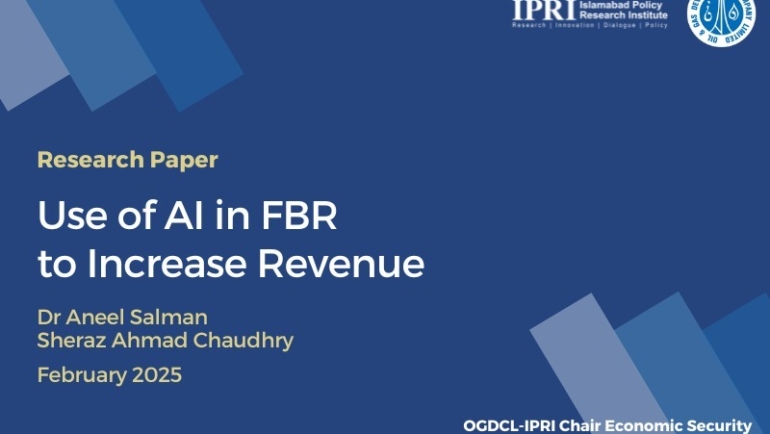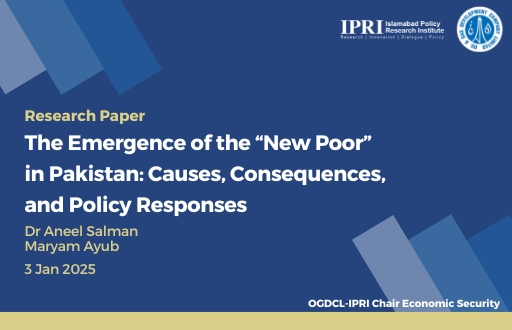This study examines the underlying factors driving the persistence of Undocumented Oil Trade (UOT) in Pakistan, with a particular focus on the Pakistan-Iran border region. It argues that, despite a series of policy interventions by the Government of Pakistan, UOT remains a significant and unresolved policy challenge. While international scholarship offers a range of theoretical frameworks for understanding informal trade networks, the phenomenon of UOT remains underexamined in the context of emerging economies like Pakistan.
Based on a multinomial logit model, this paper highlights the key drivers of UOT. It highlights that one million people reside within 50 kilometres of the border, and around two million are economically tied to UOT activities. Using both primary and secondary data, it demonstrates that UOT is not an economic phenomenon but a spatial and cultural reality. The region’s limited development, lack of mobility, restricted skill awareness, emotional attachment to the homeland, low population density, and significant interdependence with Iranian border towns create economic and logistical incentives for the ongoing UOT and support reliance on it. Providing alternative employment opportunities to such a large segment of the population poses a significant policy challenge, especially considering Balochistan’s limited industrial base, underdeveloped infrastructure, and historically marginal integration into the national economy.
The Government may develop formal border markets in key border towns equipped with warehousing, banking, and other trade & customs related facilities. It may follow a gradual, incentive-based formalisation process that requires integrated strategies that promote education, inclusive finance, and tax reforms sensitive to informality. It may launch public-private partnership initiatives focused on skill development in trade-related services, particularly for the youth of border communities, with targeted vocational training in areas like logistics, IT, and retail.
Skip to content
Skip to footer


